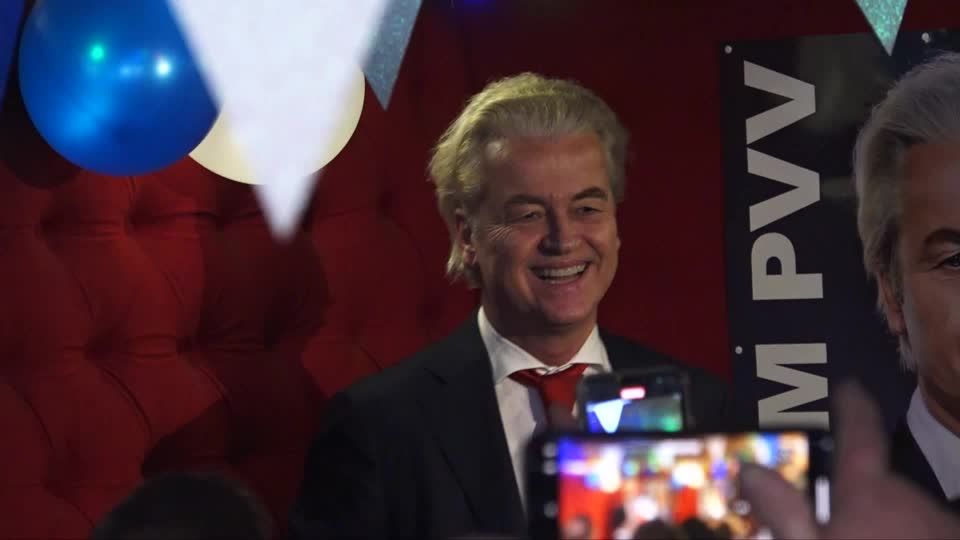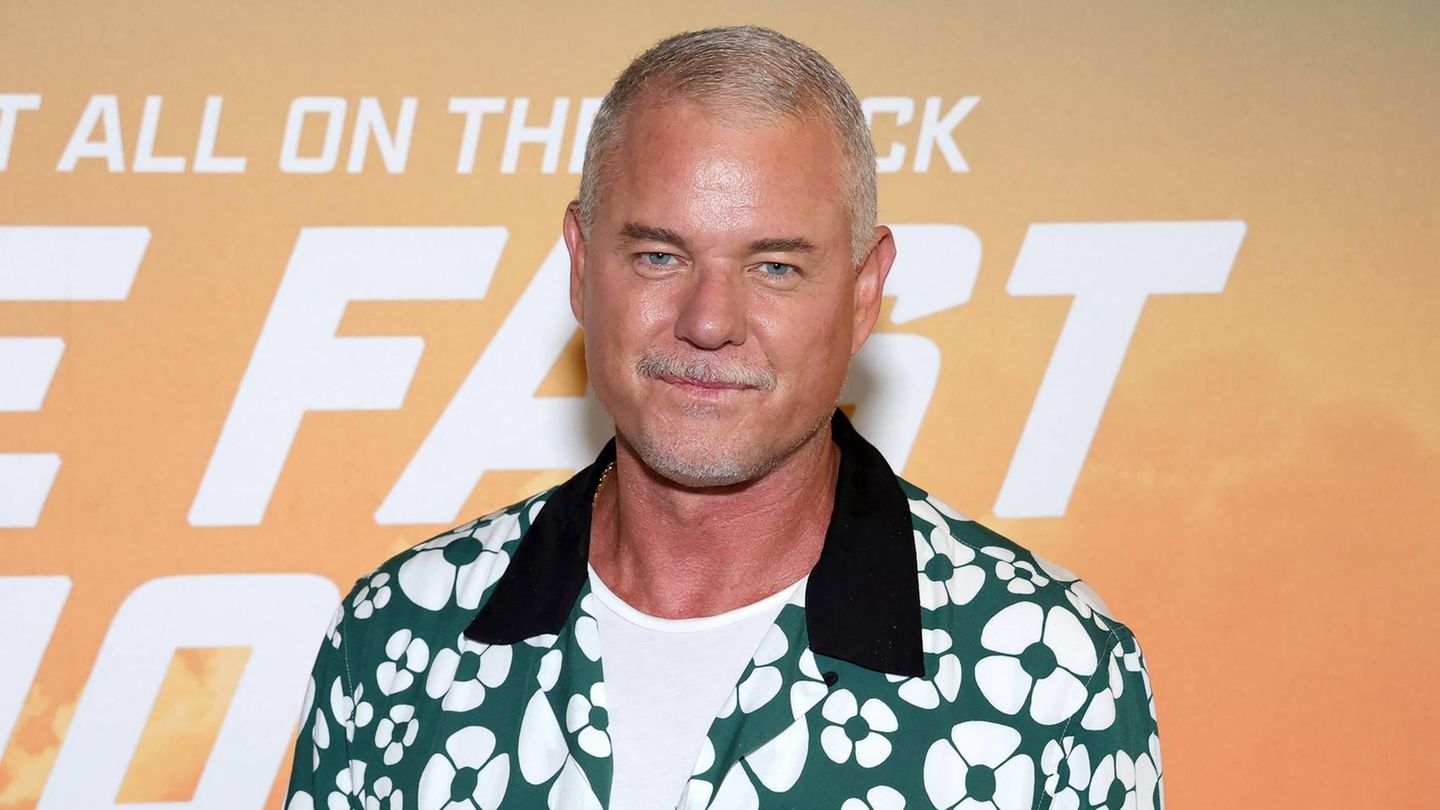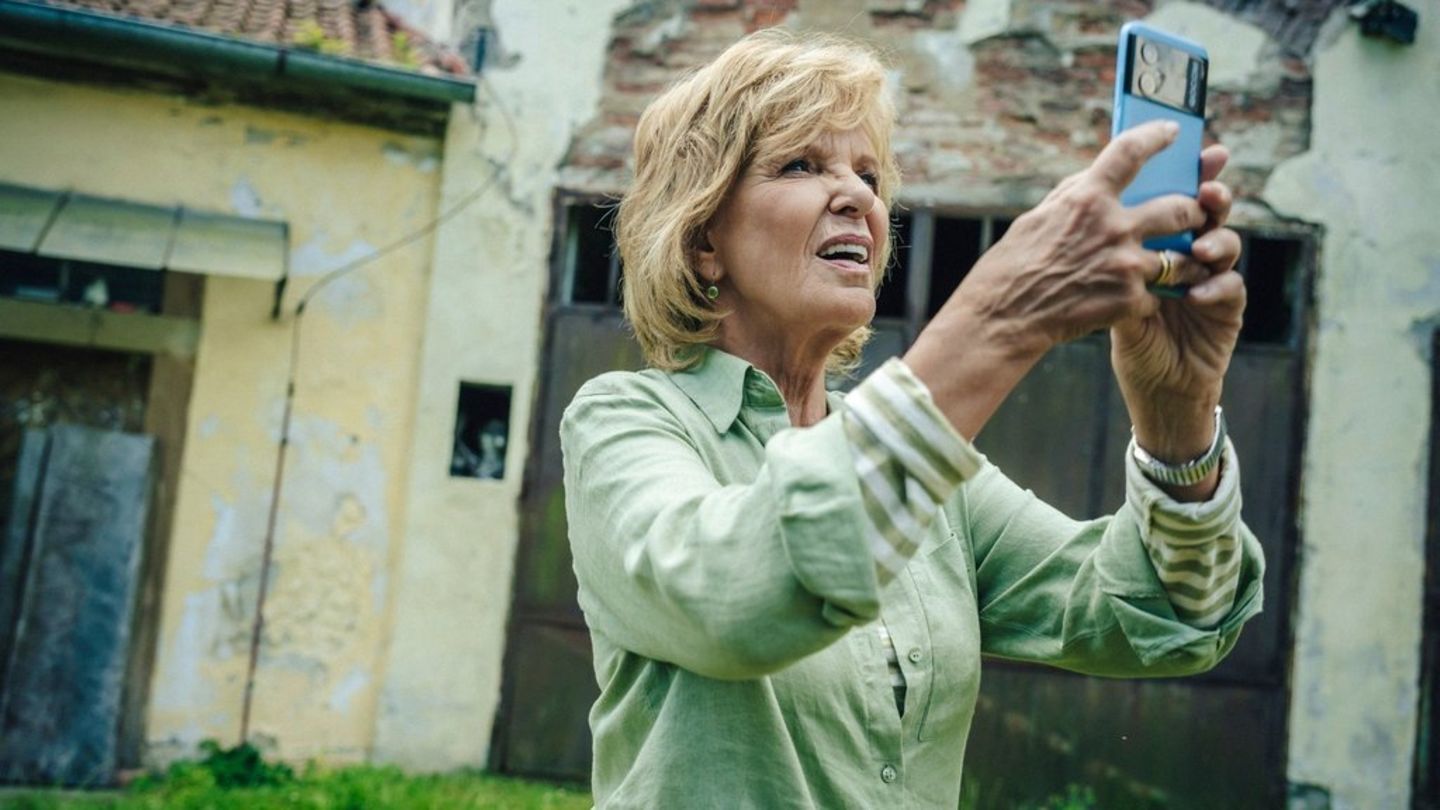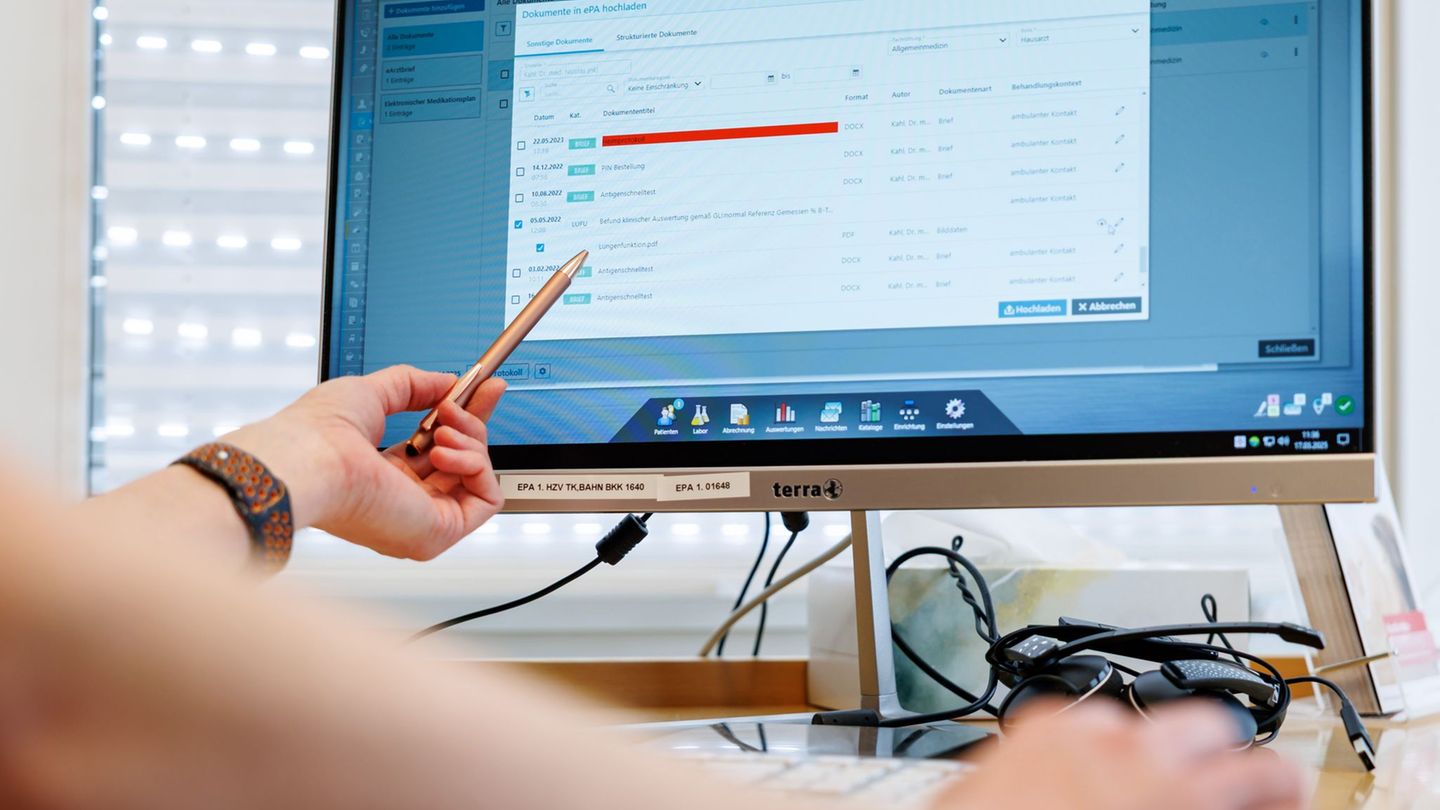The right-winger has been mixing things up for almost 20 years Wilders the Netherlands with his Islamophobic party. Now he is the big election winner. But he cannot rule alone. Even if other right-wing populists in Europe is already cheering.
The Netherlands is facing a historic shift to the right following the triumphant victory of right-wing populist Geert Wilders in the parliamentary election. The right-wing extremist now wants to govern with his Islamophobic PVV party and become the successor to outgoing Prime Minister Mark Rutte, who is stepping down from the national political stage after a record term in office. But it remains to be seen whether Wilders’ party can really forge an alliance with other partners. Because coalition negotiations are likely to be difficult.
Wilders: “The signal that Dutch voters are now giving is: Things have to be different”
“The signal that the Dutch voters are now giving is: Things have to be different,” said Wilders late on Wednesday evening. “The Dutch have to be number one again.” In his party platform, the 60-year-old calls for mosques and the Koran to be banned and is in favor of Nexit – the Netherlands’ exit from the EU. He also wants to close the borders, no longer allow refugees and migrant workers into the country and abolish climate protection as a political goal.
Even before that When the first forecasts were published, Wilders appeared confident of victory. His freedom party PVV “can no longer be ignored,” he said in front of cheering supporters in The Hague: “The Dutch hope that the people will get their land back and that we will ensure that the tsunami from asylum seekers and immigrants.” Wilders called on the other parties to work together to form a coalition.
According to a projection published by the ANP news agency early on Thursday morning, Wilders’ Party for Freedom (PVV) is likely to have 36 of the 150 seats in the second chamber of parliament, which is comparable to the German Bundestag. That would be more than twice as many seats as in the previous election in 2021.
The second strongest force is the red-green alliance headed by former EU Commissioner Frans Timmermans, which can hope for 25 seats – eight more than before. Rutte’s right-wing liberal VVD with top candidate Dilan Yesilgöz is only allocated 24 seats – ten fewer than in the previous election. Former Christian Democrat Pieter Omtzigt’s party, the New Social Contract (NSC), which was founded just a few weeks ago, has 20 seats, according to projections. At least three parties would be necessary for a majority capable of forming a coalition.
The election victory of the PVV, which scored points with anti-Islam and xenophobic slogans, in the Netherlands, which was considered liberal, shocked many established parties. It wasn’t just refugee organizations and Muslim associations that reacted with horror. Other right-wing populists in Europe, however, celebrated Wilders’ triumph. “Congratulations on this great success. The whole of Europe wants political change!” wrote AfD leader Alice Weidel on the short message service X, formerly Twitter. Hungarian Prime Minister Viktor Orban and French right-wing nationalist Marine Le Pen also congratulated Wilders.

But it is still uncertain whether he will really be successful with his call for right-wing parties to work with him. “I think we all have to jump over our shadows now,” said Wilders. Under no circumstances should the will of the voters be ignored.
Election in the Netherlands: Mixture of right-wing slogans and classic left-wing demands as a recipe for success
Already on election night he had former Christian Democrat Pieter Omtzigt, Head of the new center party NSC, signaled willingness to work together. Er is “available” – although the coalition talks will not be “easy”. And VVD boss Yesilgöz doesn’t seem averse either. First of all, it’s Wilders’ turn, she said: “We’ll weigh it up carefully in the group. Then we’ll see where it leads.” However, Frans Timmermans, head of the left-wing alliance Groenlinks/PvdA, once again ruled out a coalition and declared: “Now is the time to defend democracy.”
Wilders made every effort to dispel fears that his party would take too radical action. He wants to be a “prime minister for all citizens”. He assured that the forced closure of mosques that he was seeking was not currently an issue. The priority now is to limit the “asylum tsunami”.
In the final stretch of the election campaign, Wilders made gains in the polls and left behind the favorite Yesilgöz. Many see the right-wing liberal frontwoman as partly responsible for this. Critics say that she has finally made Wilders socially acceptable. While Yesilgöz had not ruled out a coalition with Wilders, her party colleague Rutte had always appeared as a vehement opponent of an alliance.
Surveys have repeatedly shown that Wilders voters tend to be pessimistic about their future and are afraid of change. They often live in stagnating industrial areas or in the countryside where the young are moving away. Wilders’ slogans therefore include not only “Islam does not belong in the Netherlands”, but also “More staff in care” and “Lower rents and taxes”. When it comes to foreign policy, the party’s election program adopts a similar tone to that of former US President Trump and proclaims “Netherlands first”, based on Trump’s slogan “America first”. Political scientists see this mixture of right-wing slogans and classic left-wing demands as his recipe for success. Another special feature: Wilders’ party only has one member – himself. In this way, he wants to prevent others from overruling him and taking over the reins themselves.
The early general election became necessary after Rutte’s center-right coalition collapsed in the summer after just 18 months. The reason for this was a dispute over migration policy. Rutte, the longest-serving prime minister in Dutch history at 13 years, then announced his departure from national politics. He now wants to become NATO Secretary General. Rutte should remain in office until a new government is sworn in.
Source: Stern
I have been working in the news industry for over 6 years, first as a reporter and now as an editor. I have covered politics extensively, and my work has appeared in major newspapers and online news outlets around the world. In addition to my writing, I also contribute regularly to 24 Hours World.




